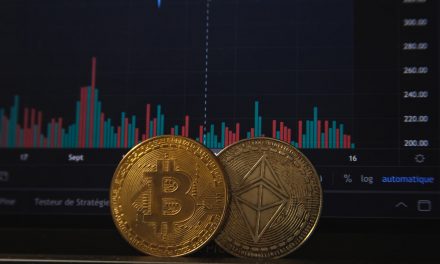LOS ANGELES – Latino digital media company mitú, in partnership with premier multicultural marketing and communications agency The MRKT, released today the second edition of the mitú InTell Series of studies focusing on the current financial state of the US Latino population. Some of the discoveries indicate that Latinos lead in certain aspects when compared to the general population, such as in the use of financial technology and in the early adoption of cryptocurrencies and NFTs but fall behind in other aspects including home ownership and in the use of banking products and services.
“Our goal at mitú is to represent a modern, thorough, and nuanced perspective of US Latinos, and our research series, mitú InTell, is an integral part of that commitment,” said Stephen Brooks, President of mitú. “We are incredibly proud to collaborate with The MRKT to contribute insights on the financial state of Latinos, so that we may continue the conversations, content, and actions to enrich the US Latinx community.”
“We’re thrilled to be partnering with mitú on this second edition of their InTell Series focusing on the financial state of the US Latino population. We think it’s incredibly important to shine a light on the successes of the US Latino community as well as areas that have room for growth, and this study does just that!” said President of The MRKT, Marcos Barron.
Third-party HyperFocus ROI conducted research among 1500 respondents equally divided between US Hispanics and non-Hispanics. The research consisted of evaluating participants for various attitudes, perceptions, and behaviors across a number of demographic segments relative to the broader topic of finance. The key areas evaluated fell under the categories of personal finance management, budgeting, taxes, financial goals, banking, homeownership, loans/credit, and savings, and were broken out by age, income, and gender.
The study revealed that US Hispanics over-index in the use of technology to manage their finances:
- Nearly three in 10 US Hispanics (26%) invested in cryptocurrency or NFTs (non-fungible tokens) in the last year, significantly more than the two in 10 non-Hispanics (17%) who did so
- More US Hispanics than non-Hispanics use a budgeting app (30%) when compared to non-Hispanics (22%) to keep track of monthly expenses
- More US Hispanics (82%) access and manage their bank account via a mobile app compared to non-Hispanics (70%)
On the other hand, the study revealed that six in 10 US Hispanics used a check cashing service in the past 12 months and six in 10 within those had a bank account. Moreover, half of those with a bank account used a check cashing service at least once a month. That means an estimated $20 billion dollars were spent by US Hispanics on check cashing services last year, which is equivalent to the 29 million US Latinos1 in the workforce spending $703 individually. The average cost of each cash checking transaction can range from 1% to 12% of the check2.
On the front of homeownership, it was found that far fewer US Hispanics (46%) own their own home compared to non-Hispanic whites (73%), and slightly more than non-Hispanic Blacks (42%). Though the research found that significantly more Gen Z US Hispanics currently own their own home (25%) compared to non-Hispanic members of Gen Z (17%).
Lastly, two in 10 non-Hispanics (17%) learned how to manage their personal finances from a financial advisor while nearly six in 10 (55%) learned from their parents and more than half (54%) taught themselves.
The first edition of the mitú InTell Series evaluated the current state of health of the US Latino across four key areas: medical health, mental health, fitness + exercise, and nutrition. Among the findings, mental health garnered the highest overall importance ratings with 65% of all respondents rating it as “very important” even though it has declined across all segments of the U.S. Latino population compared with two years ago. Other findings showed that U.S. born Latinos are reporting health issues that affect multiple generations at nearly twice the rate as non-U.S. born Latinos. 37% of the Latinos surveyed reported that the number one reason they don’t have a primary care physician is their financial situation, with non-U.S. born Latinos expressing this as a barrier with even more frequency at a rate of 46%.
Source:





